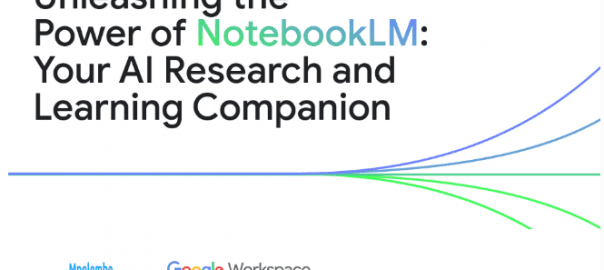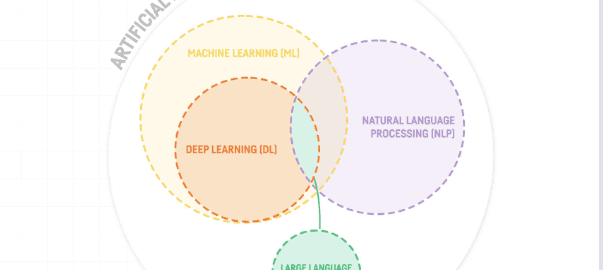May 8, 2025 /Mpelembe Media/ — This ebook, created in partnership with Google Cloud, introduces and explains NotebookLM, an AI research and learning assistant developed by Google. It highlights NotebookLM’s capabilities in analysing user-provided sources like documents, videos, and web pages to provide accurate, contextually relevant answers and precise citations. Continue reading
Tag Archives: Computational linguistics
NotebookLM: Features and Use Cases
Jan. 01, 2024 /Mpelembe Media/ — NotebookLM is an experimental tool by Google that helps you understand and work with information from your notes and documents. It uses AI to summarize, answer questions, and generate new insights from your content.
How do you start a sentiment analysis project?
June 16, 2023 /Developers/ — Sentiment analysis is the process of determining the emotional tone of a piece of text. It is a subfield of natural language processing (NLP) that deals with identifying and extracting subjective information from text. Sentiment analysis is often used to understand customer sentiment, brand reputation, and social media trends.
There are two main types of sentiment analysis: Continue reading
What Large Language Models (or LLMs) are, how they are developed, and how they work.
April 19, 2023 /Technology/ — A large language model (LLM) is a type of artificial intelligence (AI) that is trained on a massive amount of text data. This data can be anything from books and articles to social media posts and code. LLMs are able to learn the statistical relationships between words and phrases, which allows them to generate text, translate languages, write different kinds of creative content, and answer your questions in an informative way. LLMs can be used for a variety of tasks, including: Continue reading
Practical examples of combining Search Results with the Power of NLP (Natural Language Processing) and Semantic Knowledge
April 16, 2023 /Technology/ — We’ve all had that frustrating experience of trying to search for something and not finding the results we are after. By building systems that leverage NLP, we can infuse our systems with semantic knowledge and minimize this frustration for end users of our systems.
Free-text search can be limiting, requiring us to search using the exact set of keywords that have been indexed. To go beyond simple text matching requires an understanding of both the search intent and the semantic meaning of the words being searched.
Here are a few practical examples of combining search results with the power of NLP and semantic knowledge: Continue reading




